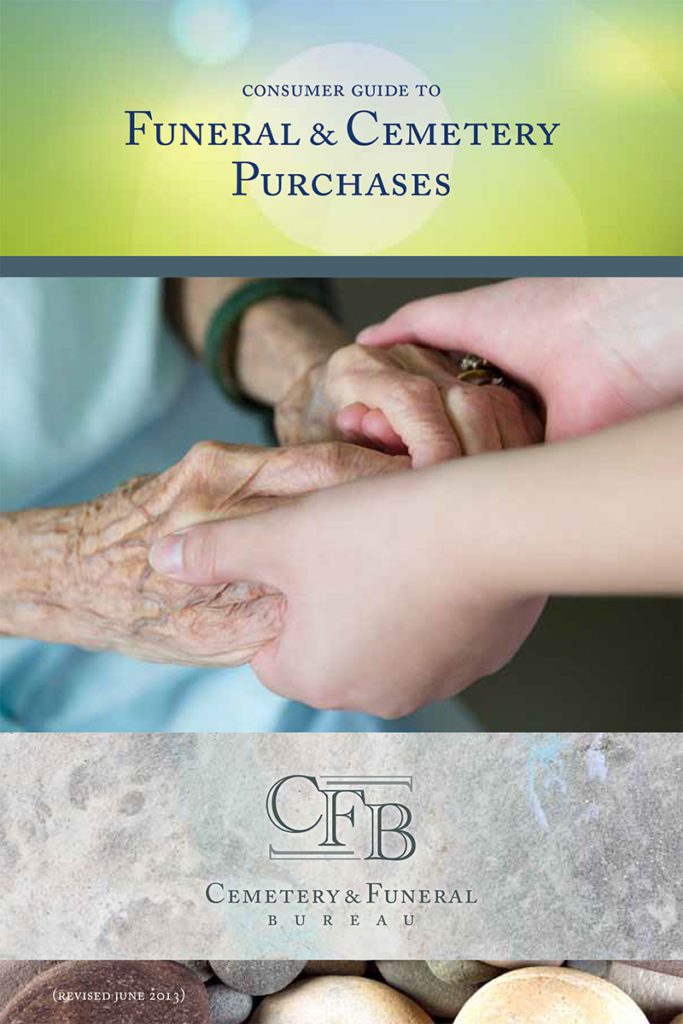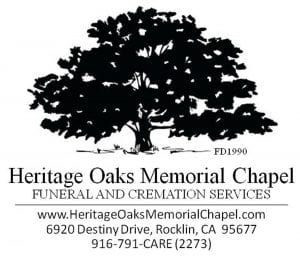What Is Probate?
Probate is a legal process where your named Personal Representative goes before a court and does several things:
- Publically identifies all property owned by the
- Determines that the property has been appraised and pays all debts and
- Proves that the Will or Trust is valid and legal and distributes the property to the heirs as the Will or Trust
Typically, probate involves paperwork and court appearances by lawyers. Lawyers and court fees are paid from estate property which would otherwise go to the people who inherit the deceased person’s property. The State of California requires that attornies charge approximately 5% of the estate for their fees.
Probate usually works like this: After your death, the person you named in your Will as Personal Representative or, if you die without a Will or a Trust, an Administrator is appointed by a judge, files papers in the local probate court.
The Administrator (or your Personal Assistant) proves the validity of your Will and then presents the court with lists of your property, debts, and who is to inherit what you’ve left to them. Then relatives and creditors are officially notified.
Why Is Probate Necessary?
The primary function of probate is transferring title of the Testator’s property to their heirs and/or beneficiaries. If there is no property to transfer, there is usually no need for probate. Another function of probate is to provide for the collection of any taxes due by reason of the deceased’s death or on the transfer of their property.
The probate process also provides a mechanism for payment of outstanding debts, taxes of the estate, for setting a deadline for creditors to file claims (thus foreclosing any old or unpaid creditors from haunting heirs or beneficiaries) and for the distribution of the remainder of the estate’s property to ones’ rightful heirs.
How Long Does Probate Take?
The duration varies with the size and complexity of the estate, the difficulty in locating any beneficiaries of the Will, if there is one, and legal proceedings.
If there is a Will contest, or anyone objects to any actions of the Personal Representative, the process can take a long time. Some matters have taken decades to resolve.
What is the Probate Process of an Uncontested Will?
Typically, the person named as the deceased’s Personal Representative (a more formal term is “Executor” or “Executrix”) goes to an attorney experienced in probate matters, who then prepares a “Petition” for the court and takes it, along with the Will, and files it with the probate court.
The attorney for the person seeking to have the Will admitted to probate typically must notify all those who would have legally been entitled to receive property from the deceased.
A hearing on the probate petition is typically scheduled several weeks to months after the matter is filed.
Depending on who the named beneficiaries are, how long before the death the Will was signed, whether the Will was prepared by an attorney who supervised the “execution” of the Will, and/or whether the Will was executed with certain affidavits, it may be necessary to bring in the persons who witnessed the deceased’s signature on the Will.
If no objections are received, and everything seems in order, the court approves the petition, appoints the Executor, orders that taxes and creditors be paid, and requires the Personal Representative to file reports with the court to assure that all the deceased’s property is accounted for and distributed in accordance with the terms and conditions of the Will.
Who Is Responsible For Handling Probate?
In most circumstances, the Executor named in the Will takes this job. If there isn’t any Will, or the Will fails to name an Executor, the probate court names someone (called an Administrator) to handle the process. Most often, this will be the closest capable relative, or the person who inherits the bulk of the deceased person’s assets.
If no formal probate proceeding is necessary, the court does not appoint an estate Administrator. Instead, a close relative or friend serves as an informal estate representative. Normally, families and friends choose this person, and it is not uncommon for several people to share the responsibilities of paying debts, filing a final income tax return and distributing property to the people who are supposed to receive it.
Should I Plan to Avoid Probate?
Probate can be costly and time consuming, but sometimes strategies to avoid probate can be even more costly or have other downsides. Sometimes probate is the most efficient option. The answer varies depending on which state you live in, what assets you have, and where you would like those assets to go upon your death.
Can a Trust Help Me Avoid Probate?
One option to avoid probate is to transfer all of your assets into a revocable living trust, of which you are the Settlor, which contains many of the same directions and guidelines as a Will. There are many benefits and drawbacks to doing so, so seek guidance from an experienced estate planning attorney regarding your specific situation.
One instance where the benefits often outweigh the drawbacks is if you own real estate in more than one state. Typically, an estate will need to go through probate in each state in which you own real property, so expenses can add up quickly.
Another instance where a trust may be of help is if you are elderly or disabled and want a better mechanism than power of attorney for someone to manage your assets for yourself or your family.
This information was provided by Mark Goudy, Attorney
Mark F. Goudy concentrates his practice on probate, trusts, and estate planning. He has extensive experience handling a wide range of cases, including trust administration and disputes, wills and revocable living trusts, personal injury, real estate contractual disputes and construction litigation, mechanic’s liens, foreclosure disputes, and much more.
Heritage Oaks Memorial Chapel
FD 1990
6920 Destiny Drive
Rocklin CA 95677
(916) 791-2273




















